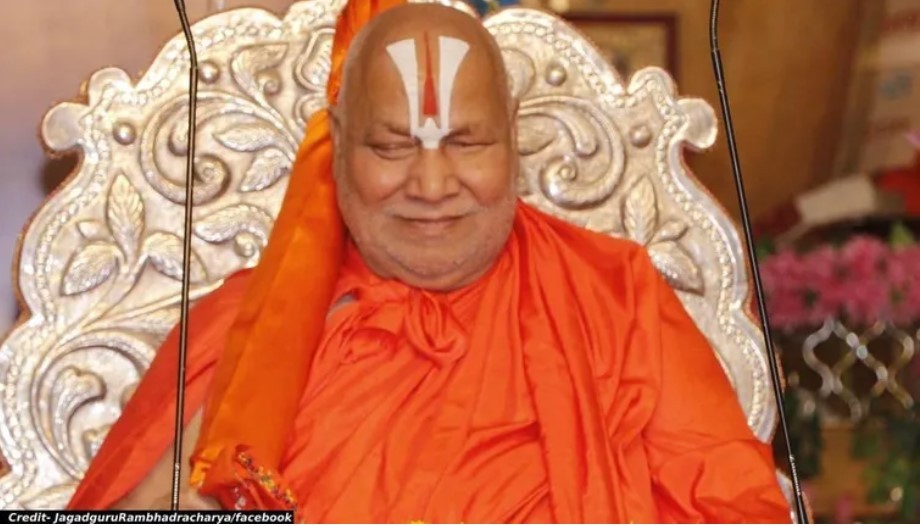The big question everyone around the world and in Afghanistan is what will be the future of Taliban after US troops pulled out its mega military deployment in the Region.
In an interaction with the Press at the Whitehouse President Joe Biden when asked will Taliban takeover of Afghanistan was inevitable, Mr Joe Biden answered in the negative, pointing to the relative strength of the Afghan forces in terms of troop numbers, training and equipment.
Mr Biden also denied that the U.S. intelligence community had told him that the Afghan government would collapse.
“That is not true. They did not reach that conclusion,” he said. The American press carried reports last month citing unnamed sources that said U.S. intelligence assessments had determined that the Afghan government could fall within six months of U.S. troop retrenchment.
When asked what level of confidence the intelligence community has that the Afghan government would not collapse, Mr Biden said Afghan leaders have the capacity, the forces and the equipment but whether they could generate the cohesion to govern remained in question.
“The question is will they do it? I want to make clear what I made clear to (Afghan President Ashraf Ghani), that we are not going to walk away and not sustain their ability to maintain that force. We’re gonna also work to make sure we help them in terms of everything from food necessities and other things in the region,” Mr Biden said, adding that his own conclusion was that peace could be achieved only if the Afghan government finds a modus vivendi with the Taliban.
The likelihood there’s going to be one unified government in Afghanistan controlling the whole country is highly unlikely – President Biden
“And the likelihood there’s going to be one unified government in Afghanistan controlling the whole country is highly unlikely,” he said.
I want to be clear: The U.S. military mission in Afghanistan continues through the end of August. We remain — we retain personnel and capacities in the country, and we maintain some authority — excuse me, the same authority under which we’ve been operating for some time.
As I said in April, the United States did what we went to do in Afghanistan: to get the terrorists who attacked us on 9/11 and to deliver justice to Osama Bin Laden, and to degrade the terrorist threat to keep Afghanistan from becoming a base from which attacks could be continued against the United States. We achieved those objectives. That’s why we went.
We did not go to Afghanistan to nation-build. And it’s the right and the responsibility of the Afghan people alone to decide their future and how they want to run their country.
To be clear — to be clear: Countries in the region have an essential role to play in supporting a peaceful settlement. We’ll work with them, and they should help step up their efforts as well.
We’re going to continue to work for the release of detained Americans, including Mark — excuse me — Fre– Frerichs — I want to pronounce the name correctly; I mis- — I misspoke — so that he can return to his family safely.
We’re also going to continue to make sure that we take on the Afghan nationals who work side-by-side with U.S. forces, including interpreters and translators — since we’re no longer going to have military there after this; we’re not going to need them and they have no jobs — who are also going to be vital to our efforts so they — and they’ve been very vital — and so their families are not exposed to danger as well.
Meanwhile India and Iran have expressed concern about the deteriorating security situation in Afghanistan and called for strengthening intra-Afghan dialogue to find a comprehensive political solution against the backdrop of the drawdown of US and international forces.





